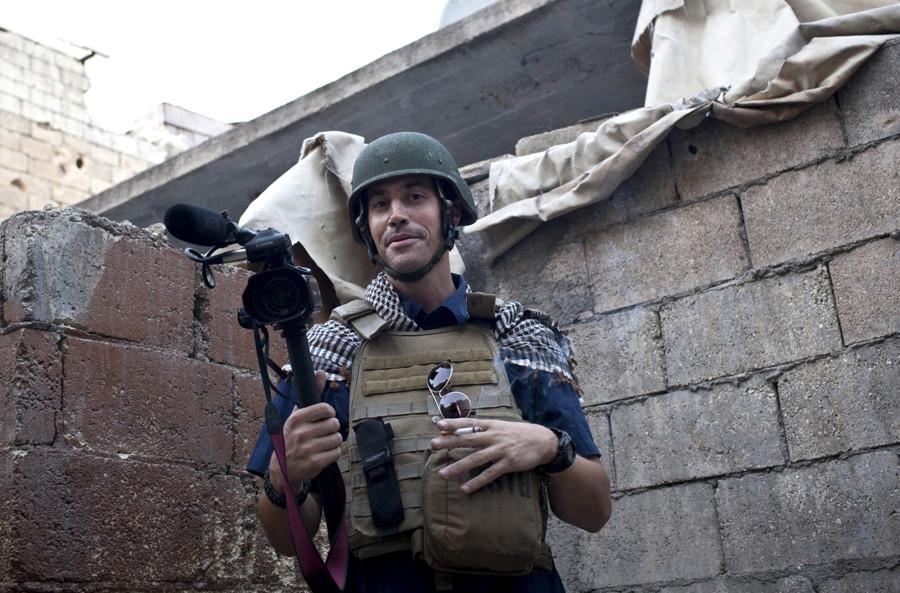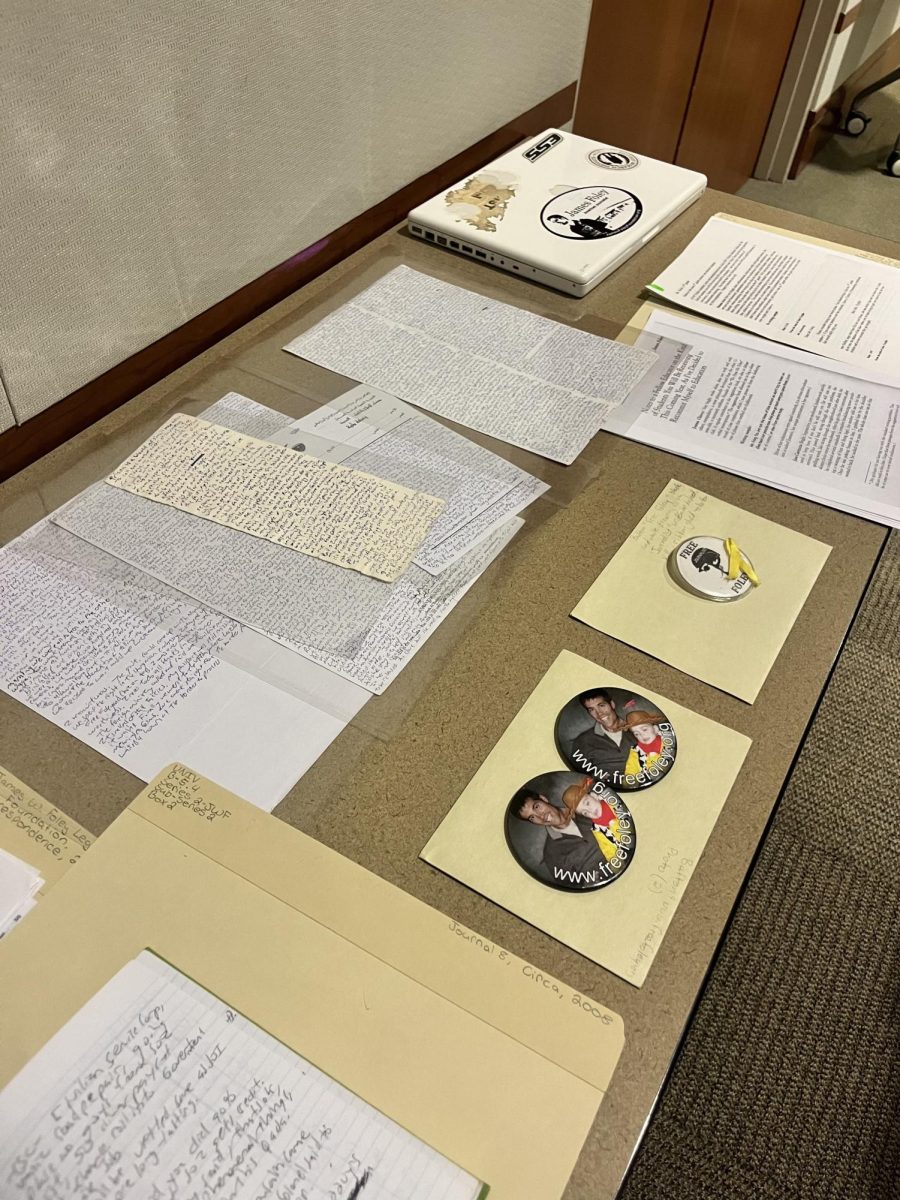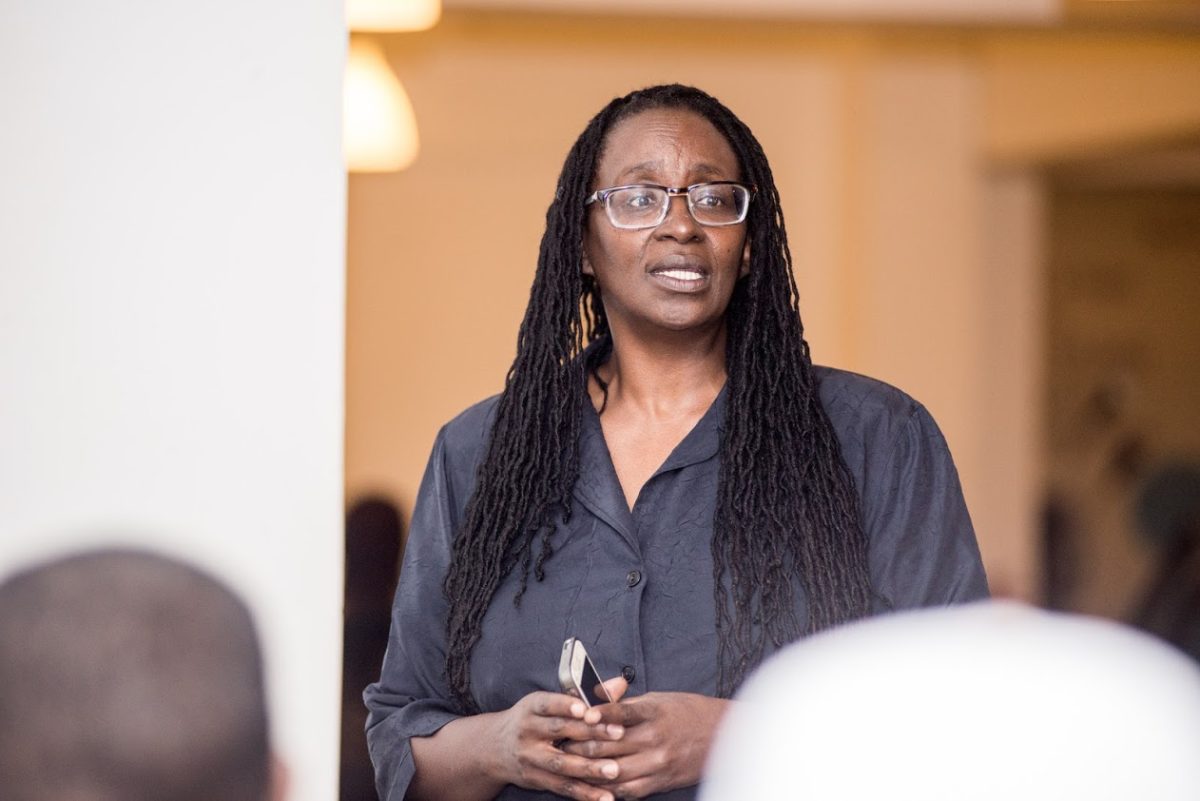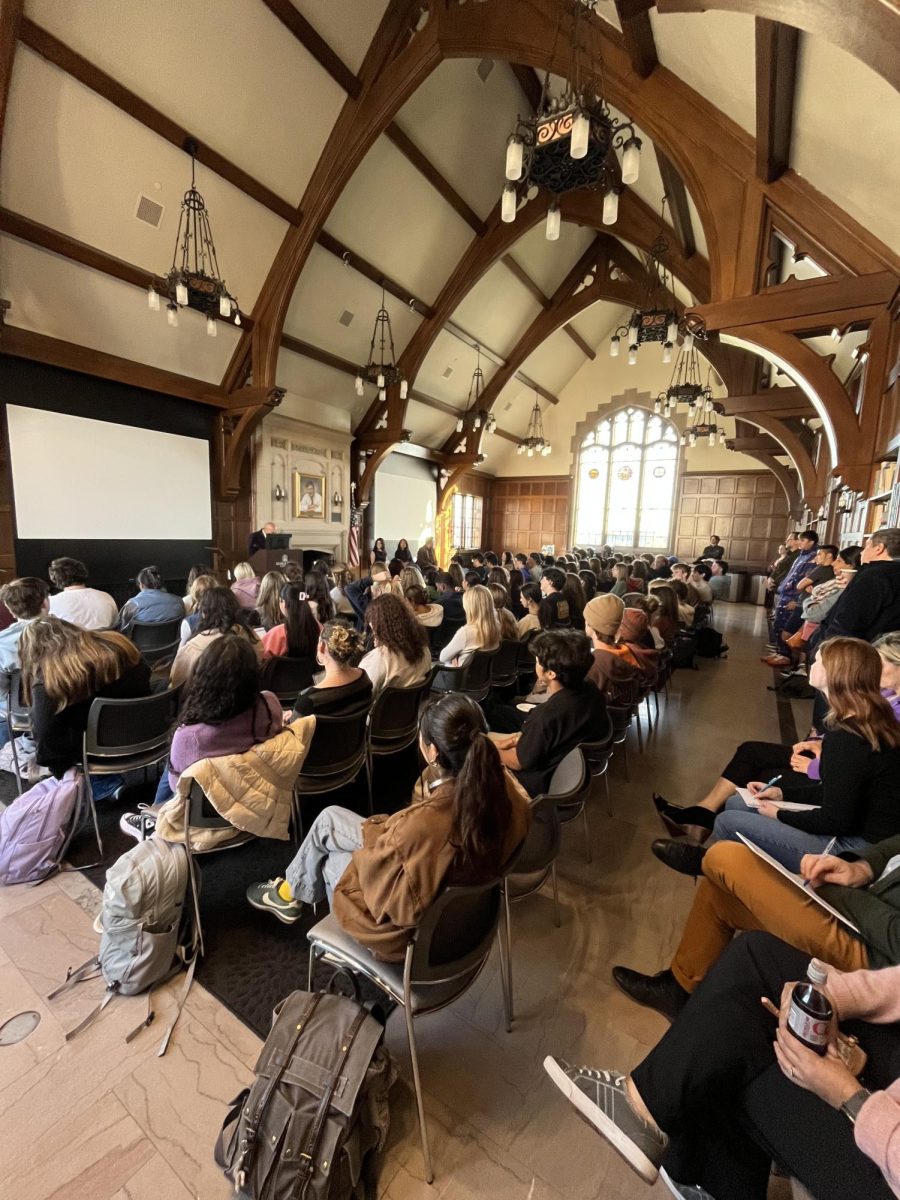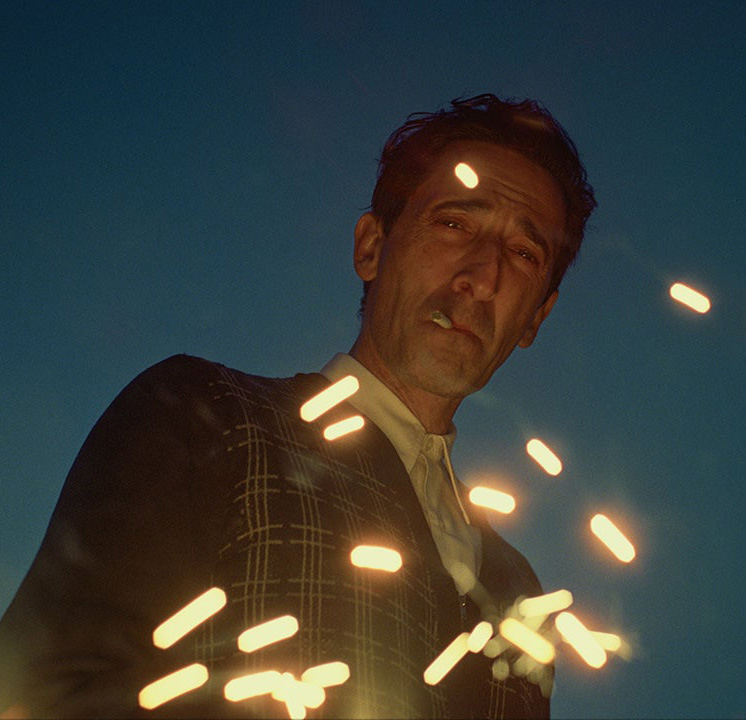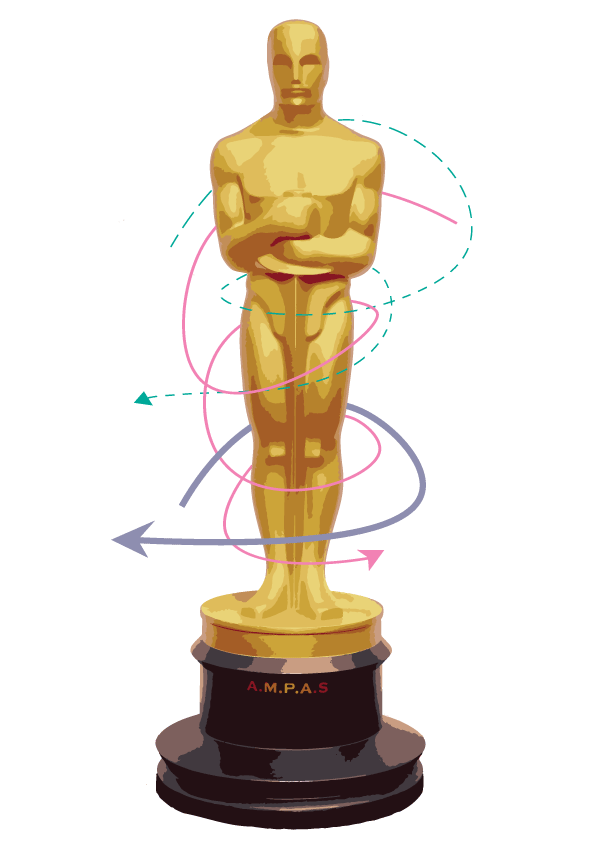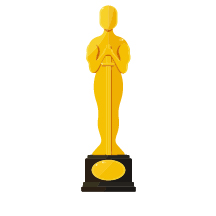At some point in the past two and a half years, we forgot how it felt to turn on the TV and see the images of Marquette graduate and journalist James Foley on his knees, moments before ISIS executed him in 2014.
The Marquette community packed Gesu to remember the heroic alumnus. As a campus and nation, we mourned. My mom called me, and we cried together because we were appalled by the violence and brutality of the murder. Foley reported what was happening in Syria — people’s triumphs, their terrors and what was happening to their everyday lives. The United States grieved his death and decried the violence that ended his life.
Today, journalists are looked at as the enemy, a vilified group out to promote a liberal agenda. The faces and names of those who gave their lives for the cause are forgotten.
Sunday night’s Oscars ceremony brought back the image of Foley’s face during Sting’s performance of “The Empty Chair,” the soundtrack for the motion picture “Jim: The James Foley Story.” Sting’s acoustic guitar rendition of the song once again put a face to journalism.
A growing trend today is the idea journalists are the enemy of the American people. “The media,” an extremely inaccurate generalization of the news industry, is portrayed as a harm to society. Many have forgotten the reason journalism exists – to maintain an informed electorate.
Former President George W. Bush stated Monday, “I consider the media to be indispensable to democracy,” echoing remarks by dozens of former presidents, including Thomas Jefferson in 1823. He said, “The only security of all is in a free press. The force of public opinion cannot be resisted when permitted freely to be expressed. The agitation it produces must be submitted to. It is necessary, to keep the waters pure.”
Foley kept the world informed on the atrocities occurring every day in Syria. Through his videos and stories, we saw their pain and suffering. Thousands of journalists around the world today enter war zones, prisons and the White House press room to report what is happening. If these reports are becoming the enemy of the people, perhaps it’s instead the facts that people simply don’t want to hear.
No one wants to hear of others suffering in Syria, a soldier dying in Yemen or a Congressional report that doesn’t quite sit right. But informing the public these events happen is what journalists do.
During Sting’s performance at the Oscars, an image of Foley appeared on the screen behind him. Dressed in his bullet proof vest, typical aviator glasses and 5 o’clock shadow, Foley’s likeness reminded viewers of how we once mourned his death. The quote next to his face reminded us all of the cause for which he gave his life:
“If I don’t have the moral courage to challenge authority … we don’t have journalism.”

